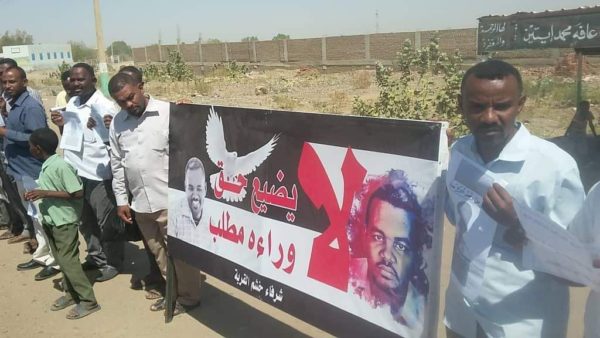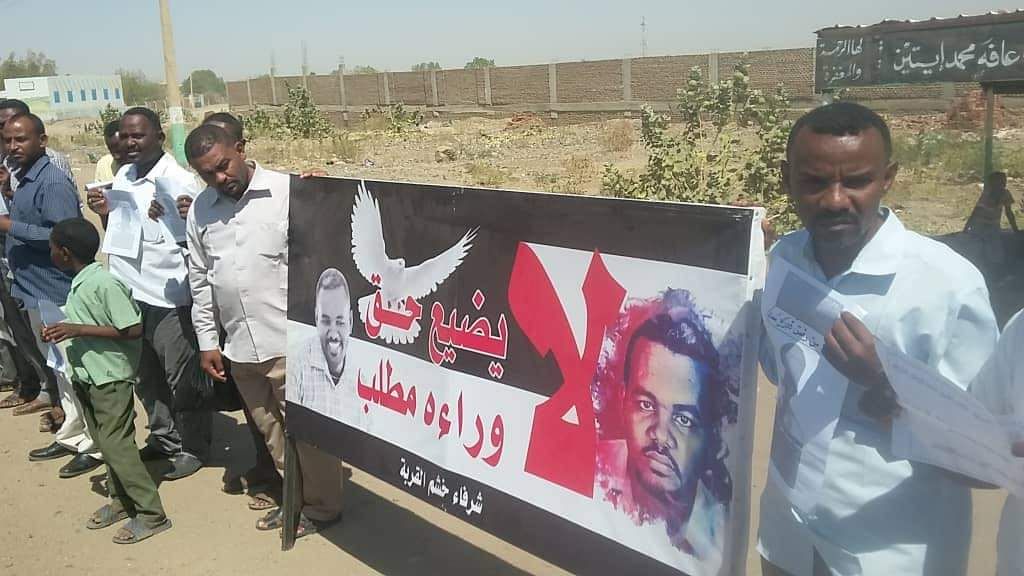
Twenty nine intelligence officers have been sentenced to death in Sudan for the torture and killing of Ahmad al-Khair, a 36-year-old teacher.
Ahmad al-Khair, a teacher in Khashm al-Qirba, in the eastern state of Kassala, was killed in custody on February 1, during protests that led to the overthrow of the Bashir regime.
These are the first sentences handed down over the crackdown on pro-democracy activists in the months before Omar al-Bashir was toppled in April.
The prosecution said the death sentences were a just punishment.
After the sentencing, the judge asked Ahmad al-Khair’s brother, Sa’d, whether he wanted the 29 men to be pardoned – but he said he wanted them to be executed instead.
A lawyer for the defense said he would appeal.
The court found that Ahmad Al-Khair was beaten and tortured to death by the officers at a detention center in the eastern state of Kassala.
Under the former President Omar al-Bashir, Sudan enforced the death penalty, and two people were executed in 2018.
Sudan Coup: Protesters Demand Full Dismantling of “Deep State” Left Behind by Ousted President Omar Al-Bashir
Mariam Ibrahim: Sudan apostasy woman to campaign against religious persecution
Ahmad Al-Khair’s case drew widespread attention in the country, and his killing fuelled the protests against the 75-year-old Omar al-Bashir. A huge crowd rallied outside the court in Omdurman, the twin city of the capital, Khartoum, to hear the verdict.
At least 170 people were killed during the months-long crackdown against the protest movement. Omar al-Bashir was eventually overthrown by the military, 30 years after he took power in a coup.
Earlier this month, the former leader was sentenced to two years for corruption. The court ruled that Omar al-Bashir should serve the sentence in a correctional facility, as he was too old to be in prison.
The corruption case was linked to a $25 million cash payment he received from Saudi Crown Prince Mohammed bin Salman. Omar al-Bashir also faces other charges – including some related to the 1989 coup that brought him to power, along with genocide and the killing of protesters.
Omar al-Bashir claimed the payments were made as part of Sudan’s strategic relationship with Saudi Arabia, and were “not used for private interests but as donations”.
